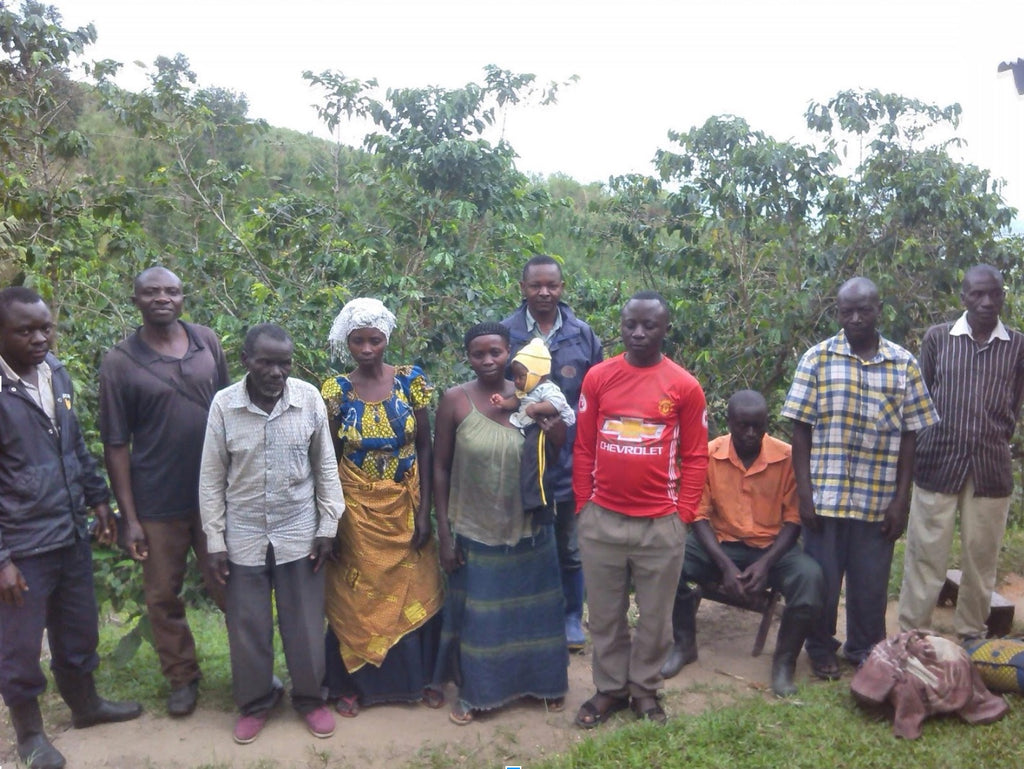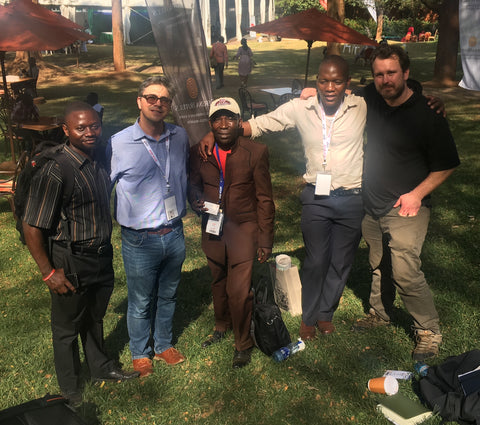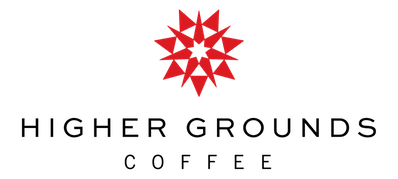
The DRC has had a rough time of it. And we’re not talking about a few little scuffles between rebels and the government. When it comes to casualties, the conflict there since the 1990s has been massive--in fact the deadliest single conflict since World War II. Five and half million people were killed in the span of twenty years.
The Rwandan genocide of 1994 marked 800,000 killed by the FDLR, the Democratic Forces for the Liberation of Rwanda. That resulted in the flood of two million Rwandan refugees into eastern DRC who had nowhere else to go, putting strain on the country’s infrastructure and forcing uncomfortable contact among people who didn’t get along all that great to begin with. Then in 1996, Rwanda and Uganda invaded DRC in an attempt to root out the remaining perpetrators of the genocide, a conflict that became known as the First Congo War.
When Joseph Kabila Sr. became president in 1997, he ordered the Rwandan and Ugandan forces out, but the conflict never really subsided: the Second Congo War (also known as Africa’s World War) raged on, with players from nine different countries; it seems everyone wanted a piece of DRC’s natural resources and potential wealth (or had beef with someone else who did). Over the next fifteen years, Kabila Sr. was assassinated, his son took over the presidency, the DRC joined forces with Rwanda against the FDLR in South and North Kivu, and the M23 rebels became active there, wreaking havoc on much of the movement towards peace and stability in the region.
Even though the leader of M23 surrendered directly to the US Embassy in 2013, there are several violent rebel groups still active, all with their own interests. The FDLR is still at it. Then there’s the LRA and ADF of Uganda, FNL of Burundi, and at least six different Mai Mai militias. These disparate factions complicate everything and make working on just about anything more difficult in DRC.
For years, since their coffee sector was basically decimated by war, Congolese farmers, including those who are now members of the Kawa Kanzururu cooperative, were forced to smuggle their coffee across borders to find buyers. They’ve had no support from the international buying community, and their productivity and infrastructure suffered. But now, the door is open for development and a better future for these communities. Nonprofits like On the Ground and other global relief organizations have a greater presence in the country, thanks to relative stability and the willingness of some tenacious individuals to dive in and get to know the resilient character of those who have survived these decades of conflict. We’re honored to step through that door and join hands with the farmers of Kawa Kanzururu, ushering their coffee onto the global stage.

Pictured: HG founder Chris (right) with fellow collaborators (including Kawa cooperative manager Roger, far left) at the 2018 African Fine Coffee Association conference. Higher Grounds is splitting the proceeds from sales of Kawa Kanzururu with the Virunga Alliance, investing in economic redevelopment for Congolese citizens and bringing peace and stability to eastern DRC.
Learn more about this project at highergroundstrading.com/virunga.
